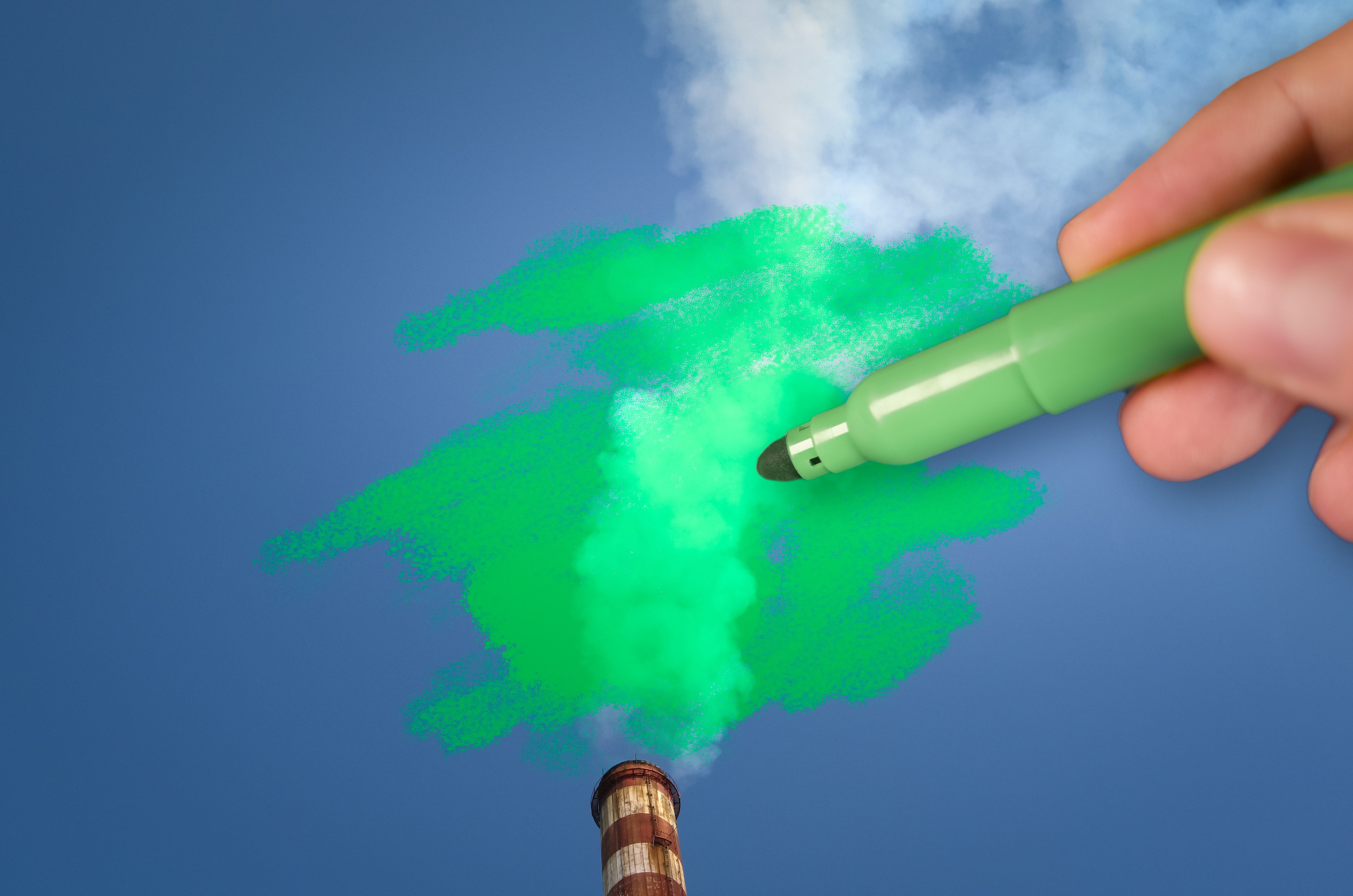Legislative initiatives will lead to stricter regulation of green advertising claims and sustainability labels. The risk of greenwashing is increasing.
This article was first published on GoingPublic.de on 22/11/2023 and the following is Deminor's translation into English language.

Consumers are placing an increasing emphasis on sustainability and environmental protection. Perhaps for this reason, many companies advertise their products as environmentally friendly and sustainable. However, not every product marketed as being "sustainable" truly is. New regulations aim to further restrict the leeway for product advertising.
In a recent example, Apple emphasised the "environmental friendliness" of its new Apple Watch models during a major product presentation. These were claimed to be the "very first carbon-neutral products" on the market. However, the company's green promise seems more like a superficial "green coating" in light of recent legal decisions in Germany and new European legislation. In reality, the production and manufacturing of the devices are not "carbon-neutral"; instead, Apple compensates for the carbon emissions by investing in large wind and solar parks and purchasing so-called carbon offset certificates. Coca-Cola, Nestlé, and Danone are also currently being accused of falsely advertising water bottles as "100% recycled" or "100% recyclable." In fact, EU law does not allow the production of bottle caps from recycled material, and bottle labels are rarely made from such material.
In connection with sustainable advertising, the term "greenwashing" is increasingly mentioned. This describes a practice in which companies portray their products or services as more environmentally friendly than they actually are. Such an approach can quickly be qualified as misleading advertising and is already partially prohibited by German courts. New EU-wide legislative initiatives will significantly limit the leeway that companies have in promoting their products.
Courts decide on "Greenwashing"
Recently, courts in Karlsruhe[1] and Düsseldorf[2] issued landmark court decisions concerning allegations of Greenwashing. In Karlsruhe, the Deutsche Umwelthilfe (a German non-profit environmental and consumer protection association) filed a lawsuit against the drugstore chain “dm” because it had advertised products from its own brand as "climate-neutral" and "environmentally neutral." In the two decisions from Düsseldorf, the cases involved jam and gummy bears, each presented as a "climate-neutral product." In both instances, the courts ruled that the term "climate-neutral" requires clarification and, in any case, could be considered misleading to consumers if there is insufficient information on the product about how climate and environmental neutrality were actually achieved. Consumers would generally assume, with the term "climate-neutral," that the product itself was produced in a climate-neutral manner. However, if this is indeed achieved only through subsequent compensatory measures, the company must inform consumers accordingly.
It is expected that the German Federal Court of Justice (FCJ) will confirm these decisions. The FCJ would thereby provide clear guidelines for the requirements of transparency and information regarding environmental promises in connection with advertising.
The examples of Apple and Coca-Cola illustrate that companies are often unaware of their lack of transparency regarding environmental promises. Such opaque or, as in the case of Coca-Cola, likely false advertising claims can quickly be classified as misleading.

New legislation for consumer protection
This topic has long been addressed at the European level as well. In addition to updating consumer protection regulations within the framework of the European Green Deal adopted in 2019[3], on March 22, 2023, the European Commission proposed a new directive aimed at preventing Greenwashing and deception through false environmentally related advertising claims (the "Green Claims Directive")[4]. These legislative initiatives will lead to stronger regulation of green advertising claims and sustainability labels. The goal is to achieve transparency for consumers regarding the ecological impact of advertised products, providing certainty that products promoted as environmentally friendly indeed meet those standards. Consumers should receive a comprehensive view of the product's environmental footprint. In the future, companies will have to substantiate their environmental claims based on scientific evidence and undergo independent verification. The burden of proof that the advertising claim is not misleading will rest with the advertising company.
The goal is to achieve transparency for consumers regarding the ecological impact of advertised products, providing certainty that products promoted as environmentally friendly indeed meet those standards.
In particular, the Green Claims Directive includes a series of further measures intended to compel companies to provide significantly more transparent statements. For instance, companies will need to conduct an initial assessment, serving as the basis for any environmentally related claims. It should be clearly visible whether the statement pertains to the entire product, a part of the product, or specific aspects of the product. Additionally, evidence must be provided that the highlighted environmental aspects are indeed significant throughout the product's lifecycle.
Both initiatives share the aspect that, in Germany, information regarding environmentally related statements will be deemed essential information under the German Unfair Competition Act. Consequently, advertising claims must be specific and verifiable. If a company violates these regulations, it could lead to compensation claims from consumers. Furthermore, the UWG provides for various other sanctions, such as removal and injunction claims and the possibility of profit confiscation. The Green Claims Directive goes even further, aiming to enable fines of up to 4% of a company's global annual turnover in case of violations.
Conclusion
Greenwashing is currently a hot topic - and rightfully so. Consumers want to align their consumption with climate protection, a fact that companies have acknowledged. They advertise their products accordingly, aiming not only to gain a positive image but also, ideally, to boost sales. However, consumers trust that companies promoting their products as "environmentally friendly," "CO2-neutral," or "climate-neutral" do so in an honest manner. Recent examples have shown that advertising is not always transparent and can even be misleading. Therefore, lawmakers have felt compelled to create new rules prohibiting Greenwashing. Companies will need to meet stricter requirements to justify their environmental promises. In any case, legal actions in this area are expected to increase, providing some judicial control and ensuring that trust in sustainable advertising does not diminish.
References
[1] Regional Court (Landgericht) Karlsruhe, Judgment dated July 26, 2023 – Case No. 13 O 46/22 KfH.
[2] Higher Regional Court (Oberlandesgericht) Düsseldorf, Judgments dated July 6, 2023 – Case No. 20 U 72/22 and Case No. 20 U 152/22.
[3] This is based on a directive amending Directives 2005/29/EC and 2011/83/EU regarding the strengthening of consumer rights for ecological transformation through improved protection against unfair practices and better information (COM(2022) 143).
[4] Proposal for the Directive of the European Parliament and the Council on substantiation and communication of explicit environmental claims (EUR 2023/0085 (COD)).





